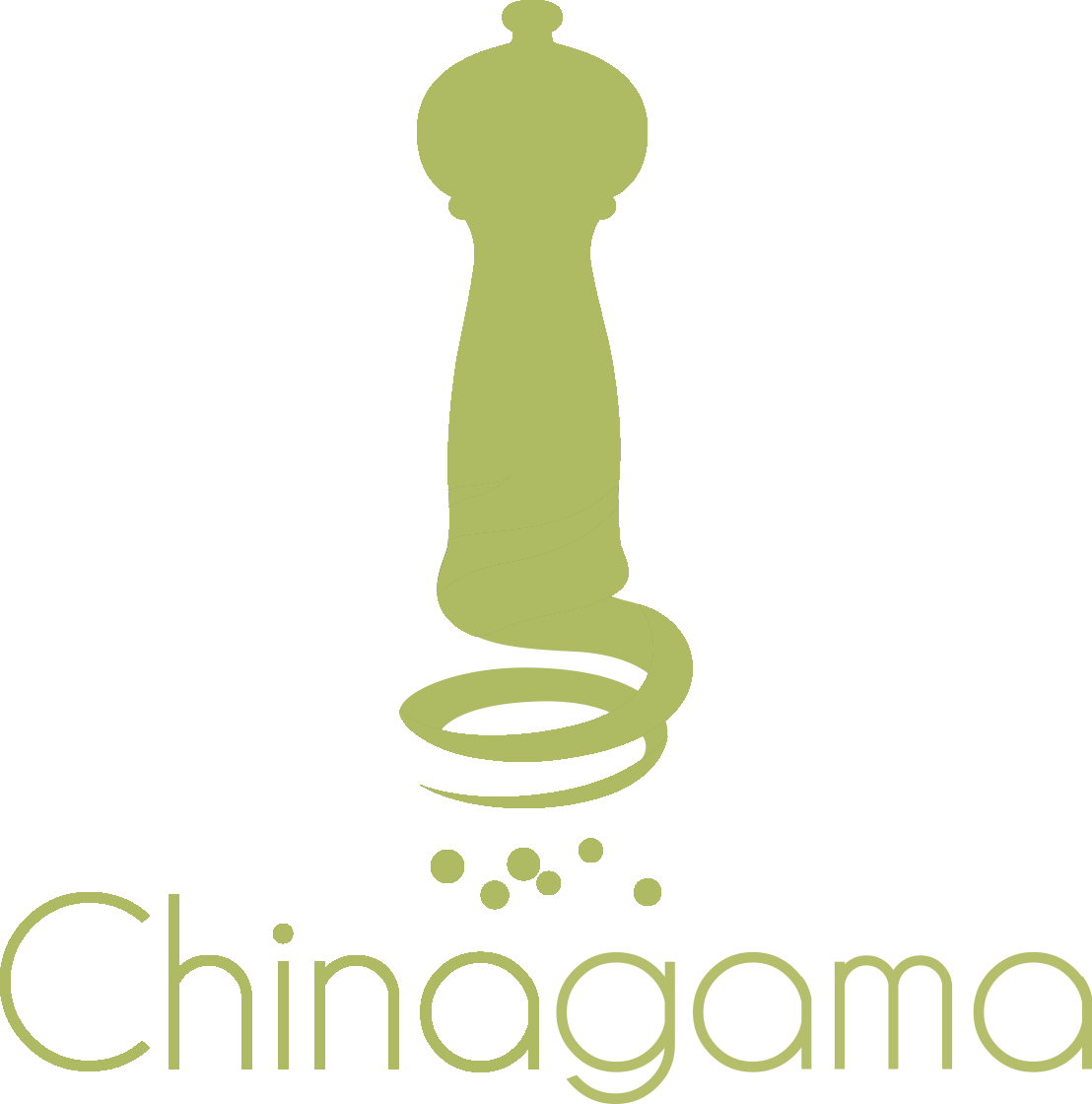French Press vs. Pour-Over Coffee: A Comprehensive Comparison
Coffee brewing methods greatly influence the flavor, aroma, and overall experience of a cup of coffee. Two of the most popular manual brewing methods are the French Press and Pour-Over. Each method has its unique characteristics, and choosing between them often depends on personal preferences and lifestyle. In this article, we will explore the differences between French Press and Pour-Over coffee, focusing on the suitable coffee beans, flavor profiles, convenience, and potential health impacts.
1. Coffee Bean Selection: Which Beans Work Best?
Choosing the right coffee beans is essential for maximizing the potential of each brewing method. Both French Press and Pour-Over coffee benefit from different types of beans due to the distinct brewing techniques.
French Press: This method is ideal for medium to dark roast beans. The French Press allows for a full immersion of the coffee grounds in water, which extracts the rich oils and bold flavors of the beans. Beans with chocolatey, nutty, and earthy notes, like a Colombian or Sumatra, work particularly well because they produce a robust, full-bodied coffee with a rich mouthfeel.

Pour-Over Coffee: Pour-Over is best suited for light to medium roast beans. The gentle and controlled pouring technique accentuates the subtle flavors and aromas, highlighting the acidity and brightness of the beans. Beans with fruity, floral, and citrusy notes, such as Ethiopian Yirgacheffe or Kenyan AA, are excellent choices for Pour-Over brewing, as they produce a clean, crisp cup with distinct flavor clarity.
2. Flavor Profiles: What to Expect in Your Cup
The brewing method significantly affects the flavor profile of the coffee. Here’s a breakdown of what to expect from each method:
French Press: The French Press produces a bold, rich, and heavy-bodied cup of coffee. The metal mesh filter used in a French Press does not remove the natural oils and fine particles from the coffee grounds, resulting in a fuller and sometimes slightly gritty texture. This brewing method often brings out the deeper, more robust flavors of the coffee, making it ideal for those who enjoy a strong, intense coffee experience.
Pour-Over Coffee: In contrast, Pour-Over coffee is known for its clean, crisp, and well-defined flavors. The use of a paper filter (or a fine metal mesh) in Pour-Over brewing captures most of the oils and fine particles, resulting in a clearer, smoother cup. This method emphasizes the nuanced flavors of the coffee, including its acidity and brightness, making it perfect for those who appreciate a more delicate, refined coffee experience.

3. Convenience and Ease of Use
When it comes to the convenience and ease of use, the French Press and Pour-Over methods each have their advantages and disadvantages:
French Press: The French Press is generally considered more straightforward and user-friendly, especially for beginners. It requires minimal equipment: just a French Press, coffee, and hot water. The process involves steeping coarsely ground coffee in hot water for about 4 minutes, then pressing the plunger down to separate the grounds from the liquid. This method is relatively quick and does not require precise pouring techniques or timing, making it suitable for a busy morning routine.
Pour-Over Coffee: Pour-Over brewing, while simple in concept, requires more precision and practice to perfect. It involves slowly pouring hot water over coffee grounds in a circular motion, ensuring even saturation and extraction. This method requires more equipment, such as a hand coffee grinder, gooseneck kettle, a scale, a dripper, and filters. It also takes more time and attention to achieve a consistent, high-quality cup. However, for those who enjoy the ritual of making coffee and experimenting with different variables (such as grind size, water temperature, and pour rate), Pour-Over coffee can be a highly rewarding experience.
4. Health and Nutritional Impact
Both French Press and Pour-Over coffee have unique health benefits and potential downsides related to their brewing processes:
French Press: One of the distinctive features of French Press coffee is its ability to retain the natural oils and fine particles in the brew. While these oils contribute to the rich flavor and texture, they also contain a compound called cafestol, which has been shown to raise LDL (bad) cholesterol levels in some people when consumed in large amounts. However, French Press coffee also tends to have higher levels of antioxidants compared to other brewing methods, which can offer various health benefits.

Pour-Over Coffee: The paper filter used in Pour-Over brewing effectively traps most of the coffee oils and fine particles, including cafestol, resulting in a cup that is lower in cholesterol-raising compounds. This makes Pour-Over coffee a healthier option for individuals concerned about cholesterol levels. Additionally, the clean and clear extraction method preserves the natural antioxidants found in coffee, providing a healthy, low-calorie beverage.
5. Final Considerations: Choosing the Right Method for You
When deciding between French Press and Pour-Over coffee, consider the following factors:
Flavor Preference: If you enjoy a bold, full-bodied coffee with a rich texture, the French Press is likely the better choice. For a lighter, cleaner cup with a focus on nuanced flavors, Pour-Over coffee is ideal.
Convenience: If you’re looking for a quick, easy, and relatively low-maintenance brewing method, the French Press might be more suitable. If you appreciate a more hands-on approach and don’t mind spending a bit more time and effort on your coffee ritual, Pour-Over brewing could be a rewarding option.
Health Considerations: For those mindful of their cholesterol levels, Pour-Over coffee is a better option due to its reduced cafestol content. However, if you value the fuller flavor and higher antioxidant content of French Press coffee, this method can still be enjoyed in moderation as part of a balanced diet.

Conclusion
Both French Press and Pour-Over coffee offer unique brewing experiences and distinct flavor profiles, each catering to different tastes and preferences. Understanding the differences between these two methods allows you to choose the one that best suits your coffee style, lifestyle, and health considerations. Whether you prefer the robust, full-bodied taste of French Press coffee or the delicate, nuanced flavors of Pour-Over, both methods offer a delightful way to enjoy a perfect cup of coffee.












